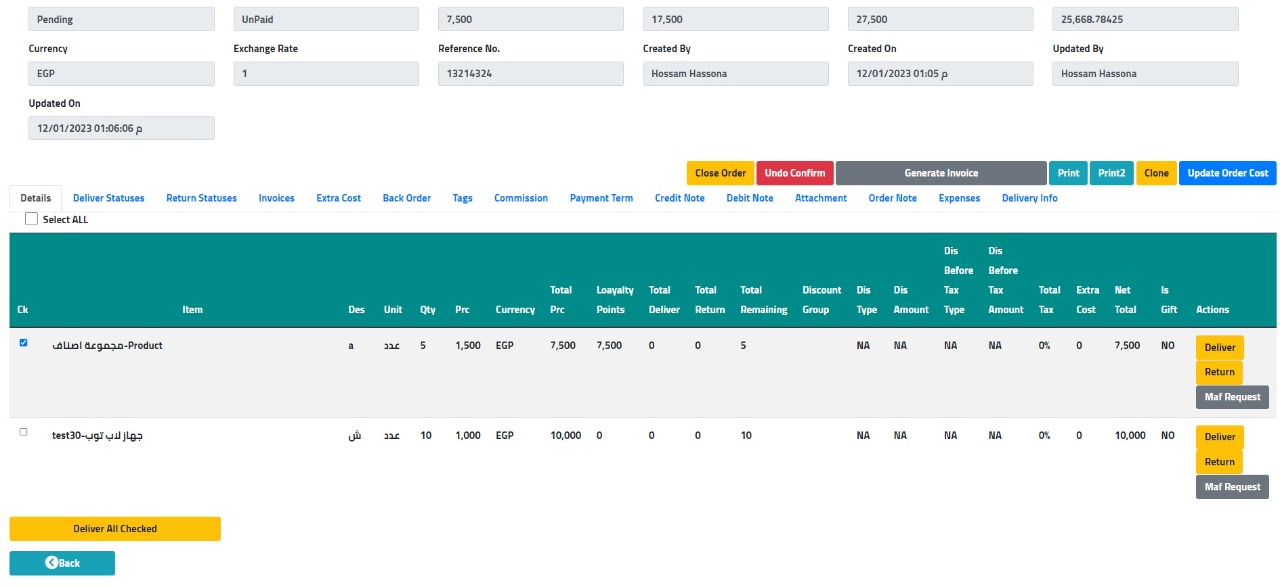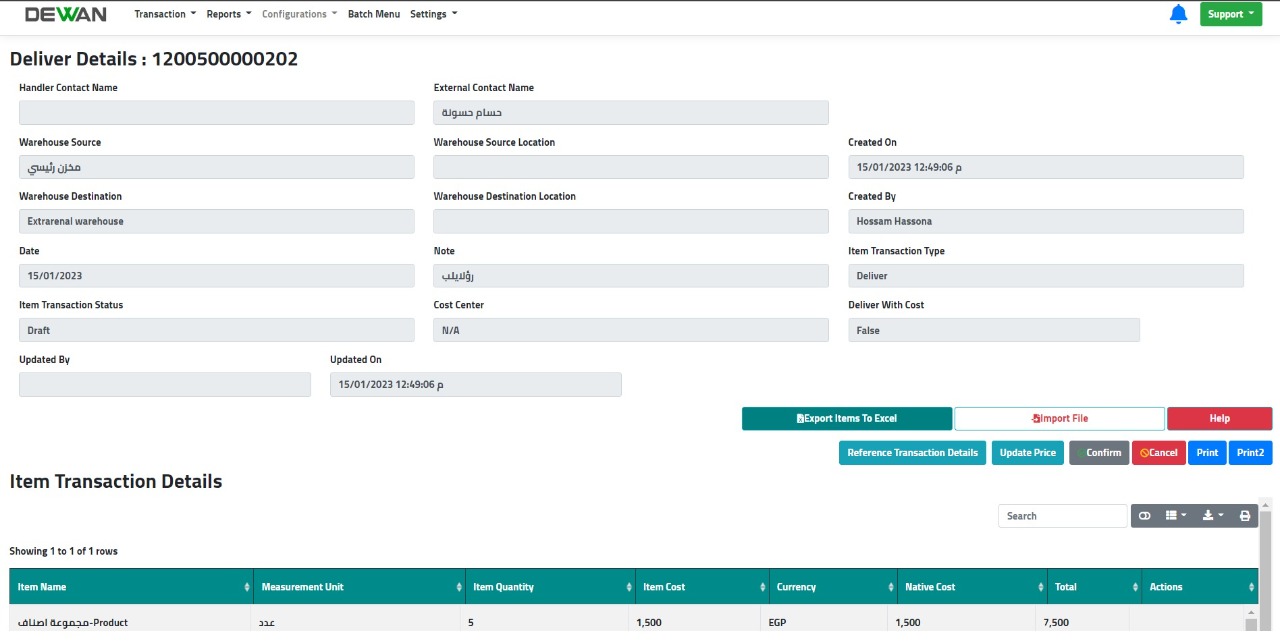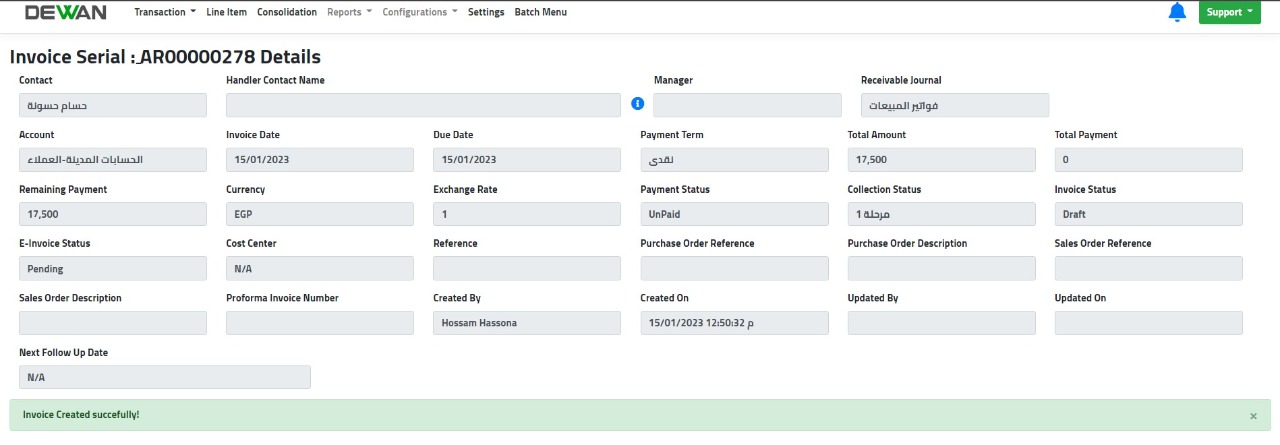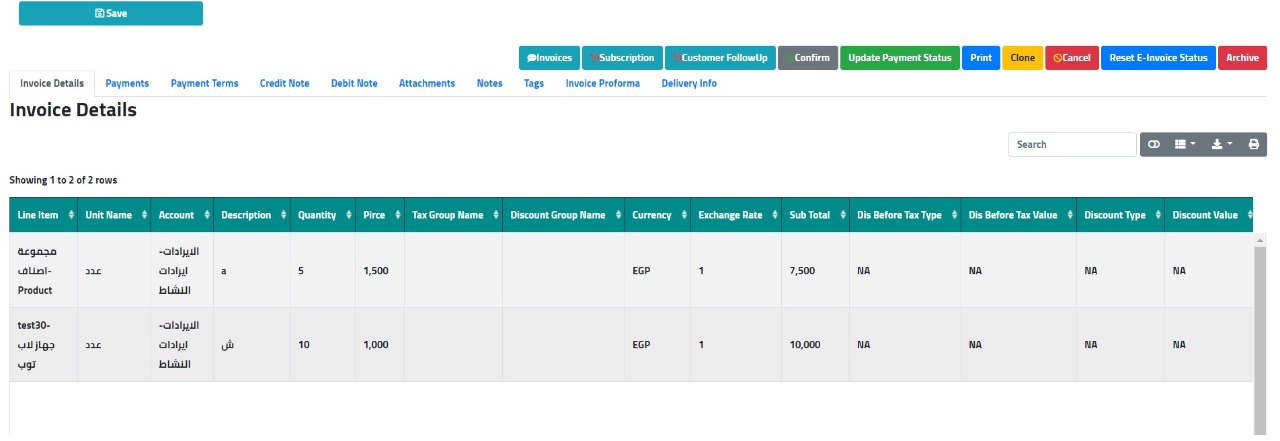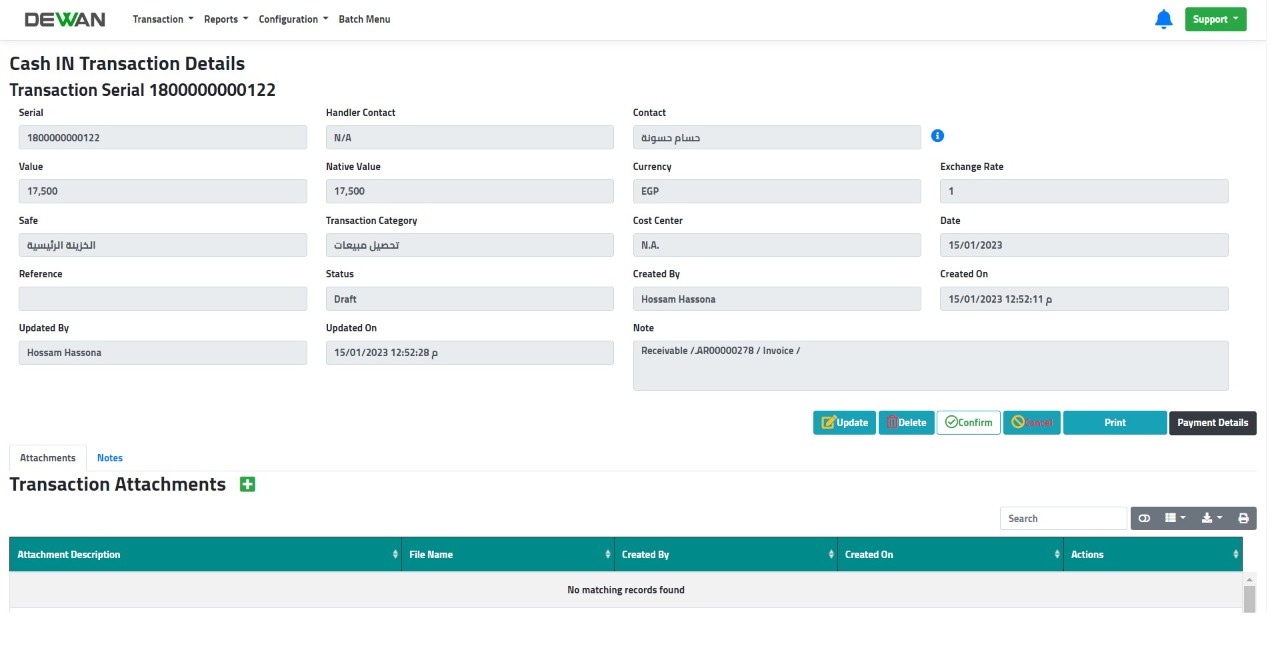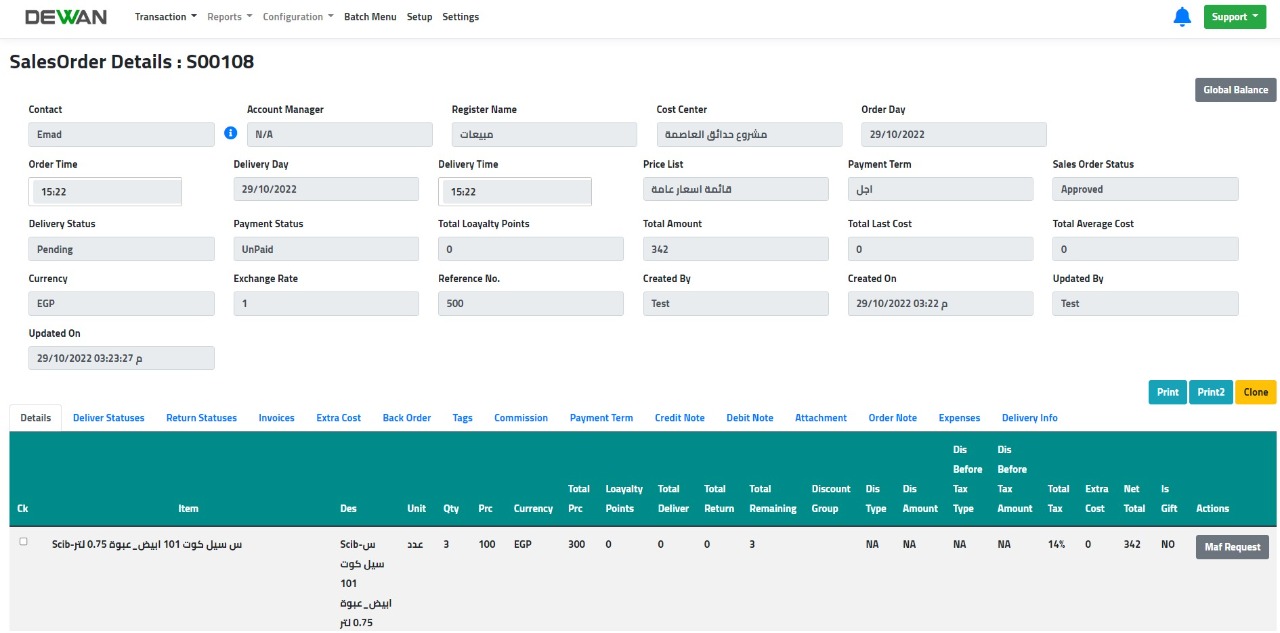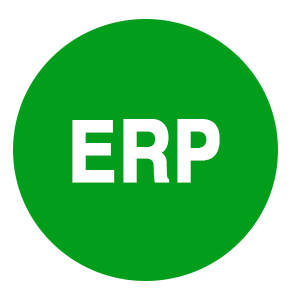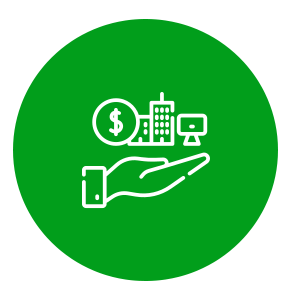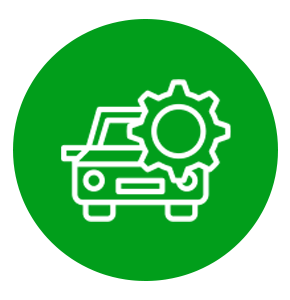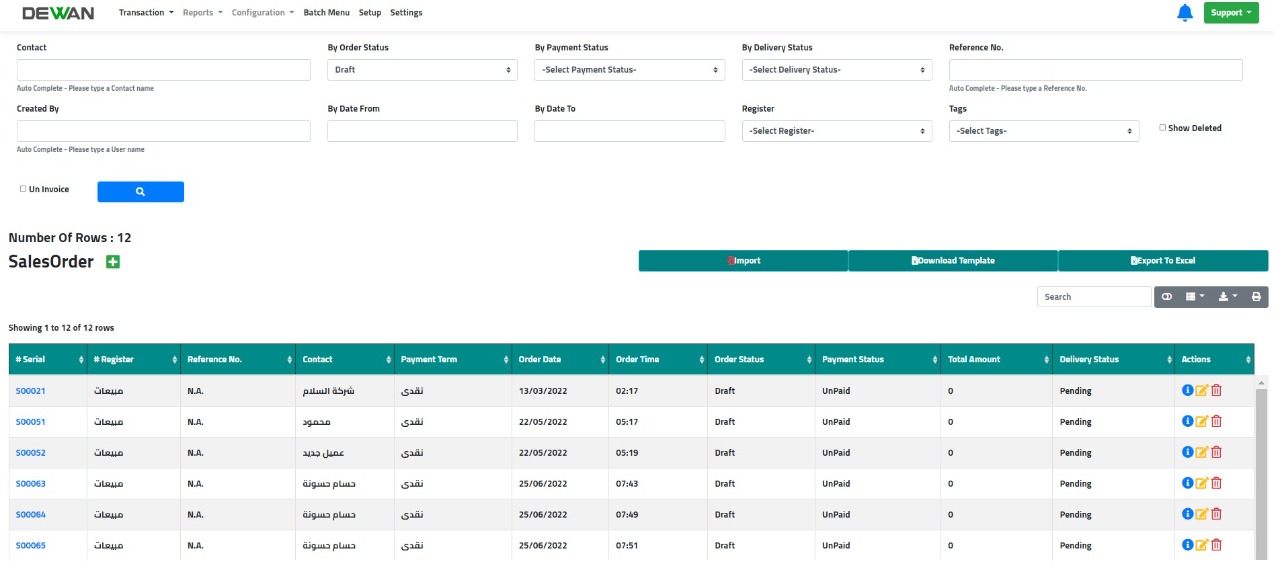
Dewan ERP
Minimum Quantity
1
Brand : ERP System | SKU : 6

ERP systems are used by businesses of all sizes, in a wide range of industries, including manufacturing, distribution, retail, healthcare, and government. They offer numerous benefits, including improved efficiency, reduced costs, better decision making, and increased competitiveness.
There are several key components of an ERP system, including the following:
● Financial management: This component handles financial transactions, such as accounts payable and accounts receivable, general ledger, and cash management. It provides real-time financial information, helping managers make informed decisions about the company's financial health.
● Supply chain management: This component helps companies plan, procure, and manage their inventory, as well as handle transportation and logistics. It includes modules for demand planning, procurement, and warehouse management.
● Manufacturing: This component supports the production process, including materials planning, capacity planning, and shop floor control. It helps companies optimize their production processes, reduce waste, and increase efficiency.
● Project management: This component helps companies plan, execute, and control projects, including budgeting, scheduling, and resource allocation. It helps managers track progress and identify potential issues before they become problems.
● Human resources: This component handles employee data, payroll, benefits, and performance management. It helps companies efficiently manage their workforce and improve employee engagement.
● Integration: The system should be able to integrate with other systems and software the company uses.
● Support: The vendor should offer ongoing support and maintenance, including training and technical assistance.
● Cost: The system should be within the company's budget, and provide a good return on investment.



